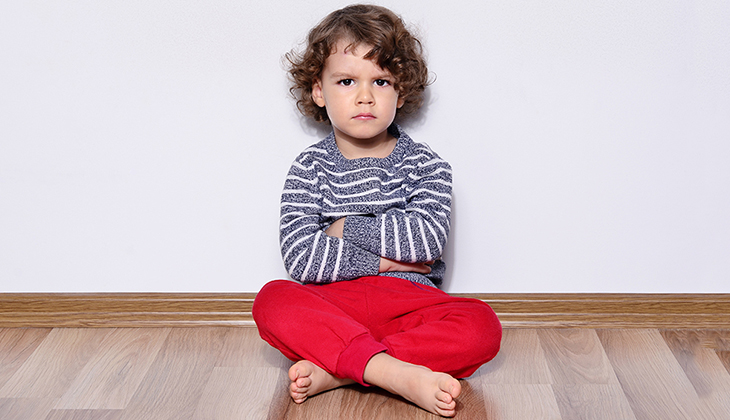Is it OK to have bad manners?
Ben Hackney-Williams, 9th October 2018, Household
Understandable and acceptable or bad behaviour and ignorance... What do you deem too much when it comes to social norms and how has this changed over the years?

Often when people are rude or unkind, it's not about you. It's a manifestation of trouble in their own lives, whether through stress or other concern that's harbouring a maligned approach to any situation.
Flip that on its head and does that make it OK to be rude if it helps you get through something in the bigger picture? Should we all be more accommodating to blunt behaviour, seeing as you can never tell what's going on behind closed doors?
In a more immediate way, people don't often realise they're being rude if they're not 'caught.' Take smartphone use, for example. Wiggling your digits over your screen at the dinner table is one thing, but if you're having a sneaky look at Facebook while in the theatre, you'd be forgiven for thinking that nobody else is aware.
However, audiences have been reprimanded in the press and even called out from the stage for not being 'in the moment' and enjoying entertainment for what it is. Whether it's comedians noticing illuminated faces in the crowd (that owners of said faces are oblivious to their device's effect), or music artists raising the house lights mid-gig to make a point, mobile phone manners have increasingly been in the spotlight.
So when is it OK to be rude, and how much of this is down to opinion rather than actual scales of acceptable behaviour?
Going back to Shakespeare days, theatre had to be aimed at everyone from the groundlings to the grandiose. It wasn't just the bard's behaviour that was risque on-stage, though, as The Globe was home to all kinds of actions that would be frowned upon now.
In her article for Shakespeare Online, Amanda Mabillard wrote: "Shakespeare's audience was far more boisterous than are patrons of the theatre today. They were loud and hot-tempered and as interested in the happenings off stage as on."
"One of Shakespeare's contemporaries noted that 'you will see such heaving and shoving, such itching and shouldering to sit by the women, such care for their garments that they be not trod on . . . such toying, such smiling, such winking, such manning them home ... that it is a right comedy to mark their behaviour" (Stephen Gosson, The School of Abuse, 1579).
So manners and conduct can be incredibly varied from audience to audience, and certainly differing between audience members. Cinema-goers, for example, whoop and cheer in some countries while others from neighbouring nationalities shudder in frustration if anyone lets out anything more than cough - strictly no clapping allowed.
In regards to bedside manner, New Jersey medicine, stated that: "Good manners are society's safeguard against the incoherent jumble of human feelings to which we are all subject."However, it's therefore safe to say that a more wholesome and longstanding safeguard against ruining relationships may be to embrace that jumble of human feelings and be honest, addressing issues immediately, even if it means being rude.
This is before we even approach the opinionated minefield of issues such as breastfeeding, where the nourishment and developmental bond of feeding a child clearly outweighs the disgruntled embarrassment of a middle-aged moaner who simply "shouldn't have to see something like that in public."
It gets interesting to think of where you stand on each behaviour-led line, and whether there are any contradictions to what you deem acceptable. After all, is this article rude for even bringing up these issues?